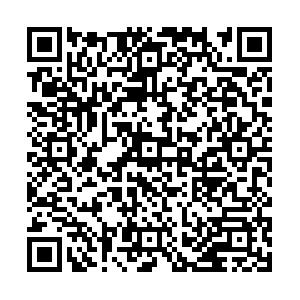跨文化、翻译与社会科学本土化—兼论儒家的西方遭遇
Cross-culture, Translation and Indigenization of Social Sciences
-
摘要: 文化差异导致了跨文化中的翻译活动。不同文字间的学术交流本指望通过语言转换实现对源语地文本之理解,却因母语特点而不能得到忠实的再现。无论是利玛窦等西方传教士努力向西方世界翻译儒家经典,还是严复等中国知识分子试图向中文世界翻译《天演论》及一系列西方概念等,其翻译中的文化策略与自我矫正造成知识本土化之发生。所谓翻译的对等性,应具备跨文化语义上的一致性。由于自然科学在其学术共同体中建立了共同的符号系统,故实现了这一点。可在人文与社会科学领域,由于翻译活动始终面临创造性反叛,使源语地的文化观念或文本中的原有立场、内在框架与基本假定在转译中都发生了某种程度的改变。Abstract: Cultural differences have brought translational activities among them. Academic communication in cross-culture which had hoped to achieve an exact understanding of the source texts through language conversion, could not be faithfully reproduced because of the characteristics of the mother tongue. Whether it is the efforts of Western missionaries such as Matteo Ricci to translate Confucian classics into the Western world, or Chinese intellectuals such as Yan Fu trying to translate a series of Western books and concepts to the Chinese world, the cultural strategies and self-correction in their translations have matched their localization of knowledge. The hypothetical equivalences of translation should have the semantic consistency in cross-culture. This is achieved since the natural sciences establish a common symbol system in their academic communities. However, in the field of humanities and social sciences, because translation activities have always faced creative rebellion, the original positions, internal frameworks and basic assumptions in the cultural concepts or texts of the source language have undergone some degree of change in translation.
-

 点击查看大图
点击查看大图
计量
- 文章访问数: 1909
- HTML全文浏览量: 232


 下载:
下载:
 沪公网安备 31010102003103号
沪公网安备 31010102003103号